33 Legendary Female Authors Every Man and Woman Should Read
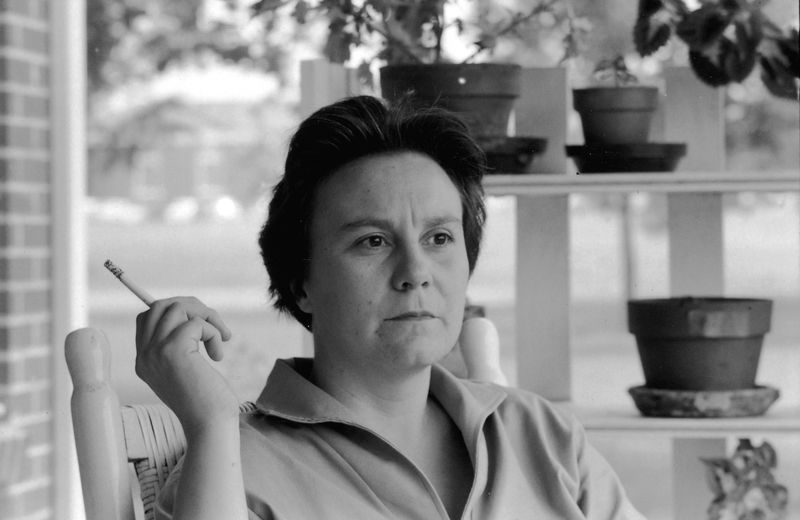
This list of 33 legendary female authors is essential reading for anyone—man or woman—looking to understand the human experience through masterful storytelling. From classics that redefined literature to contemporary works that explore the nuances of identity, love, and power, these women have carved out their place in literary history. Let their words inspire, challenge, and change you.
1. Jane Austen
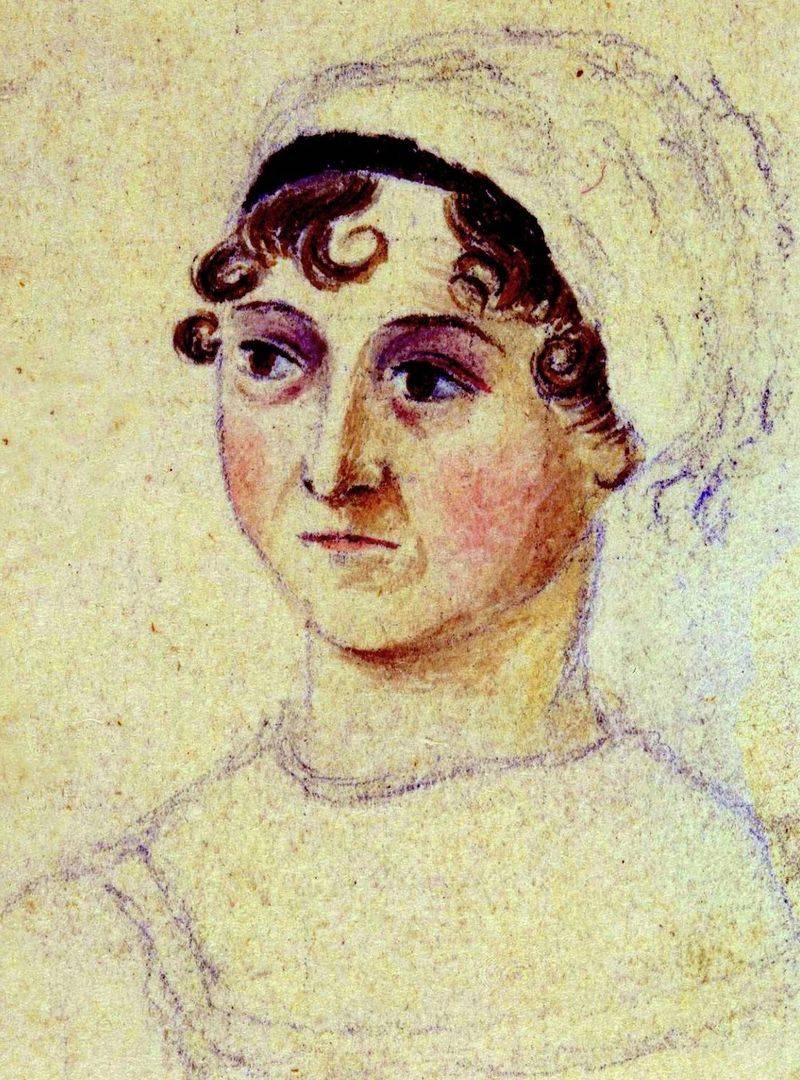
Few writers have captured the complexity of human relationships with as much wit and charm as Jane Austen. Her sharp social commentary wrapped in tales of romance continues to captivate readers over two centuries later. Austen masterfully dissected class, gender roles, and the subtle dance of courtship in English society.
With characters like Elizabeth Bennet and Mr. Darcy, she created enduring archetypes that have shaped how we view love and character. Austen’s novels go beyond their romantic plots—they’re biting, brilliant, and surprisingly modern examinations of status, self-respect, and the art of knowing oneself.
2. Virginia Woolf
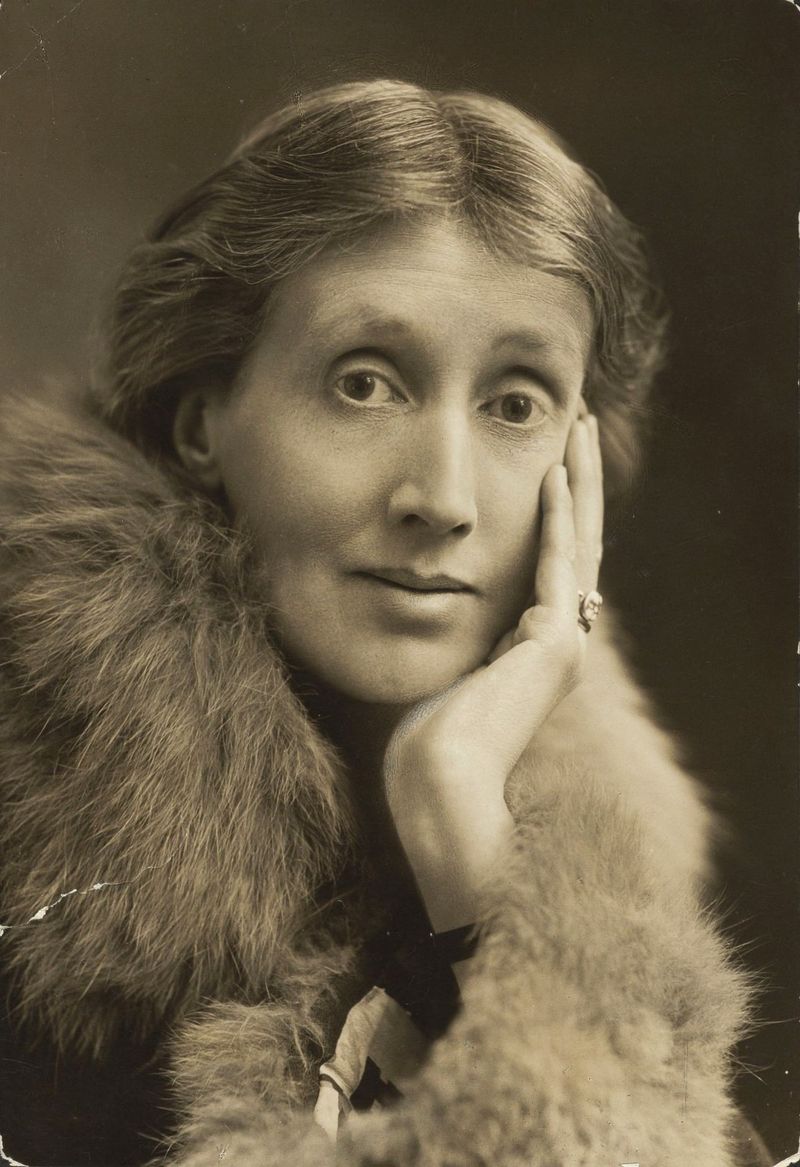
Modernist literature would not be the same without the bold experiments of Virginia Woolf. Her works like Mrs. Dalloway and To the Lighthouse broke new ground with their stream-of-consciousness style and introspective depth. Woolf wasn’t afraid to challenge the structure of the novel or explore the inner lives of women in profound and philosophical ways.
She also championed female empowerment through her essays, especially A Room of One’s Own, where she argued for women’s intellectual freedom and financial independence. Woolf’s legacy isn’t just literary—it’s political, poetic, and deeply personal.
3. Mary Shelley
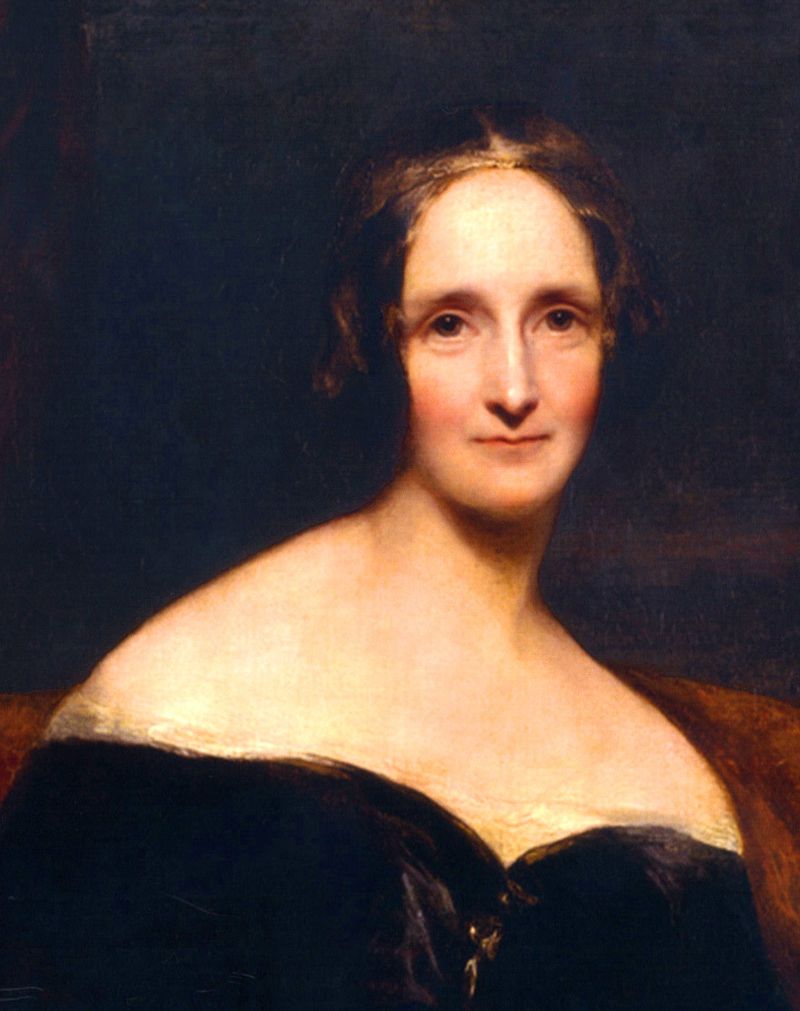
Before she turned 20, Mary Shelley birthed one of the most iconic stories in all of literature. Frankenstein is more than just a gothic horror—it’s a philosophical examination of humanity, ambition, and what it means to play god. Her tale remains relevant in today’s discussions around technology, ethics, and responsibility.
As the daughter of famed feminist Mary Wollstonecraft and political philosopher William Godwin, Shelley brought a unique blend of intellect and emotional insight to her writing. She opened the doors for women in science fiction and is rightly remembered as a pioneer in the genre.
4. Charlotte Brontë
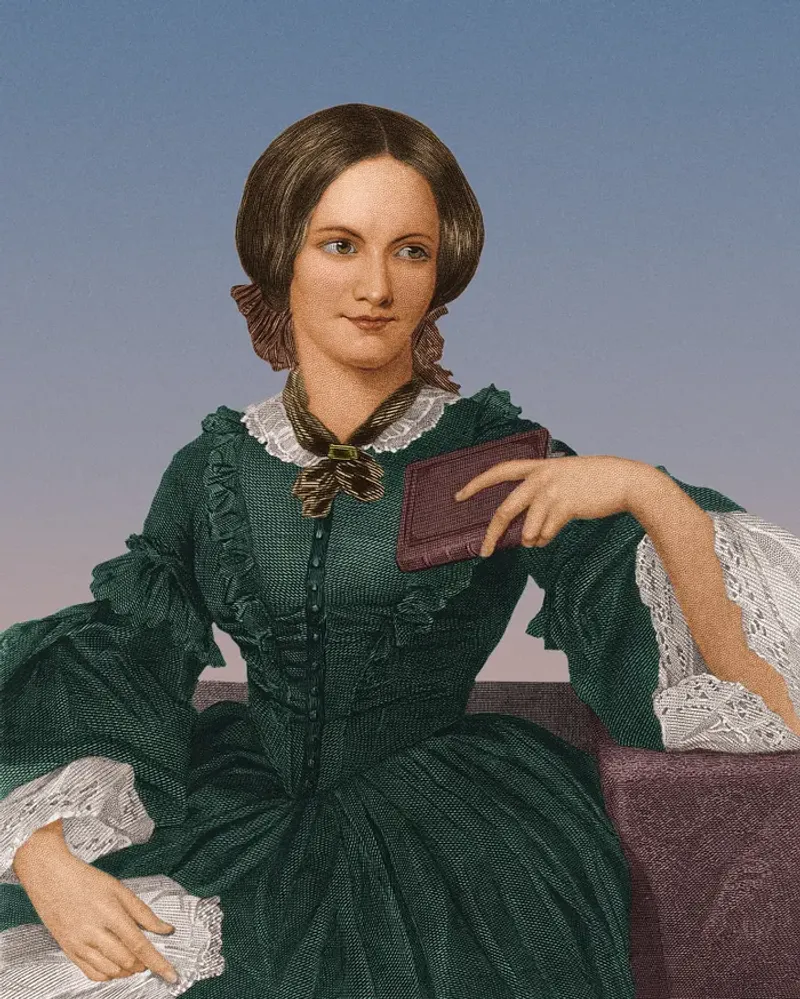
Fiercely independent and unafraid to tackle difficult topics, Charlotte Brontë gave the world one of its most enduring heroines with Jane Eyre. The novel was revolutionary in its portrayal of a woman who refuses to compromise her self-worth, even in the name of love.
Brontë wove themes of morality, feminism, and identity into her gothic narrative, setting her apart from her contemporaries. Her bold voice and introspective storytelling remain timeless, offering a lens into a woman’s resilience in the face of societal expectation and personal hardship.
5. Emily Brontë
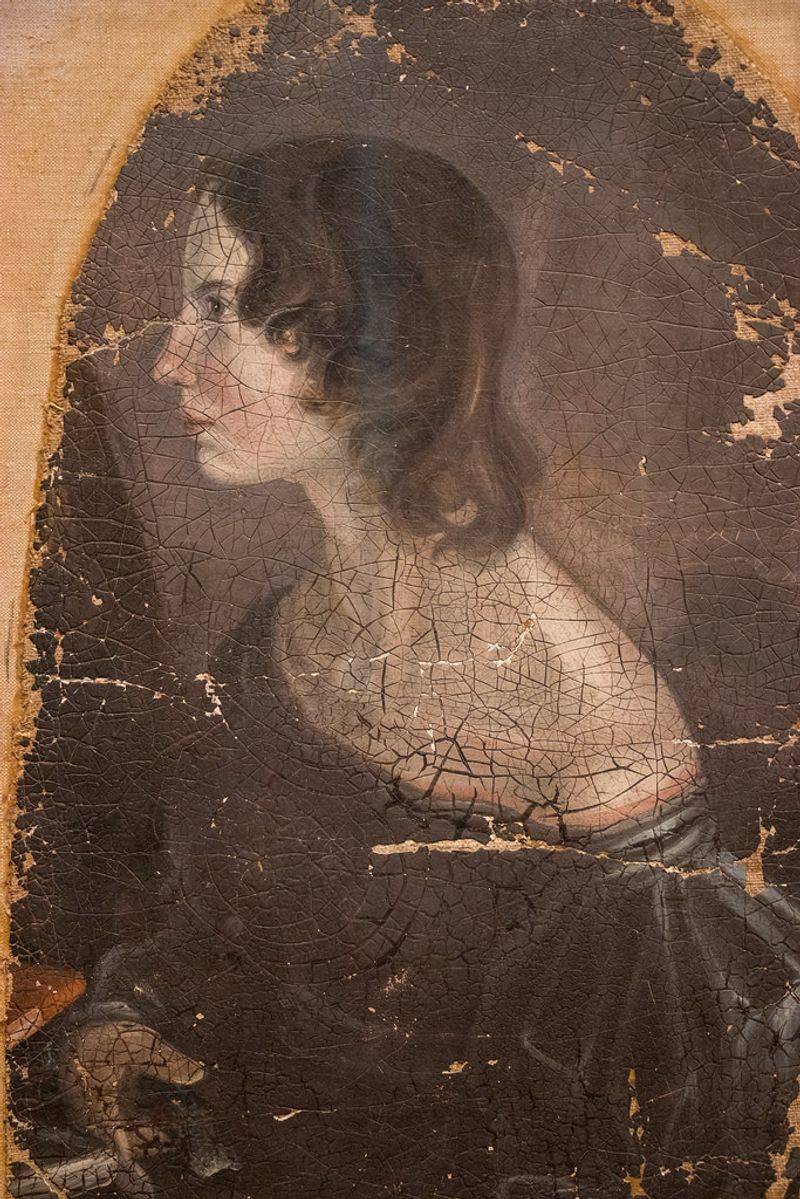
Few novels possess the haunting beauty and emotional power of Wuthering Heights. Emily Brontë’s only novel shocked Victorian readers with its dark passion, violent characters, and unflinching portrayal of obsessive love. Yet today, it’s hailed as a literary masterpiece.
Her poetic language and exploration of human psychology helped lay the groundwork for modern literature. Brontë’s reclusive life added to her mystique, but it’s the raw power of her prose that continues to stir readers and scholars alike. She proved you don’t need many works to leave a lasting mark—just one unforgettable one.
6. Louisa May Alcott
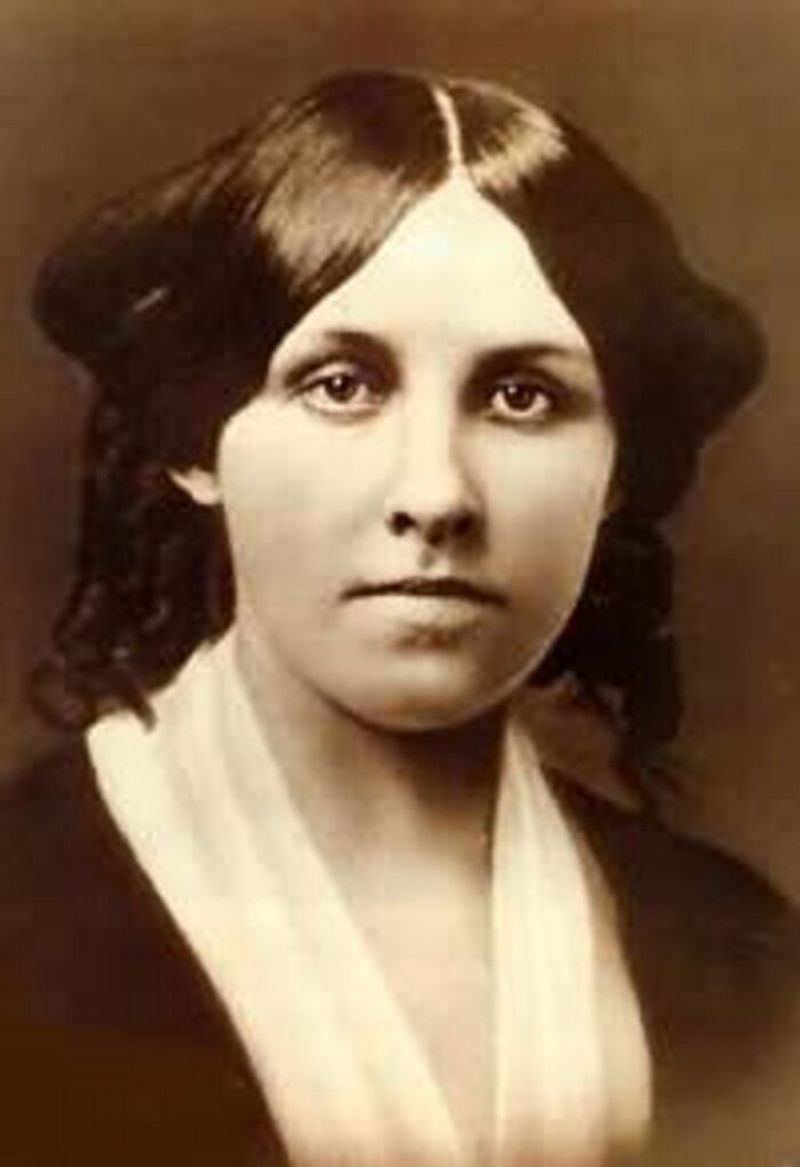
Best known for Little Women, Louisa May Alcott captured the joys and challenges of growing up with extraordinary warmth and realism. Her portrayal of the March sisters—especially the independent and aspiring writer Jo—gave voice to countless young women who longed to define life on their own terms.
Alcott didn’t shy away from depicting hardship, loss, or gender inequality. Beyond her fiction, she was an abolitionist and advocate for women’s suffrage. Her progressive values seep into her work, making her stories not only charming but also quietly radical for their time.
7. Zora Neale Hurston
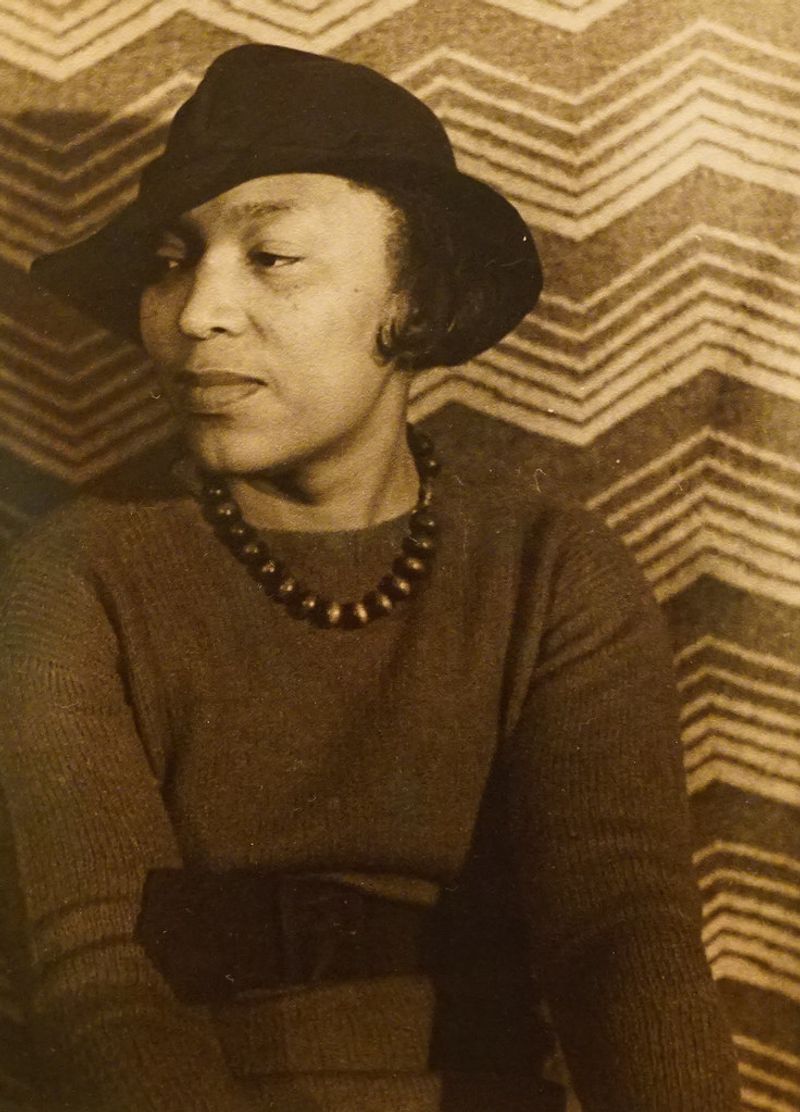
A defining voice of the Harlem Renaissance, Zora Neale Hurston’s Their Eyes Were Watching God is a rich and lyrical celebration of Black womanhood. Through Janie Crawford’s journey, Hurston gave readers a heroine who seeks love, freedom, and identity on her own terms.
What sets Hurston apart is her use of authentic dialect, vibrant characters, and unapologetic honesty about the lives of Southern Black communities. Despite facing marginalization in her own lifetime, her work is now recognized as foundational in American literature, especially for those exploring race, gender, and resilience.
8. Toni Morrison
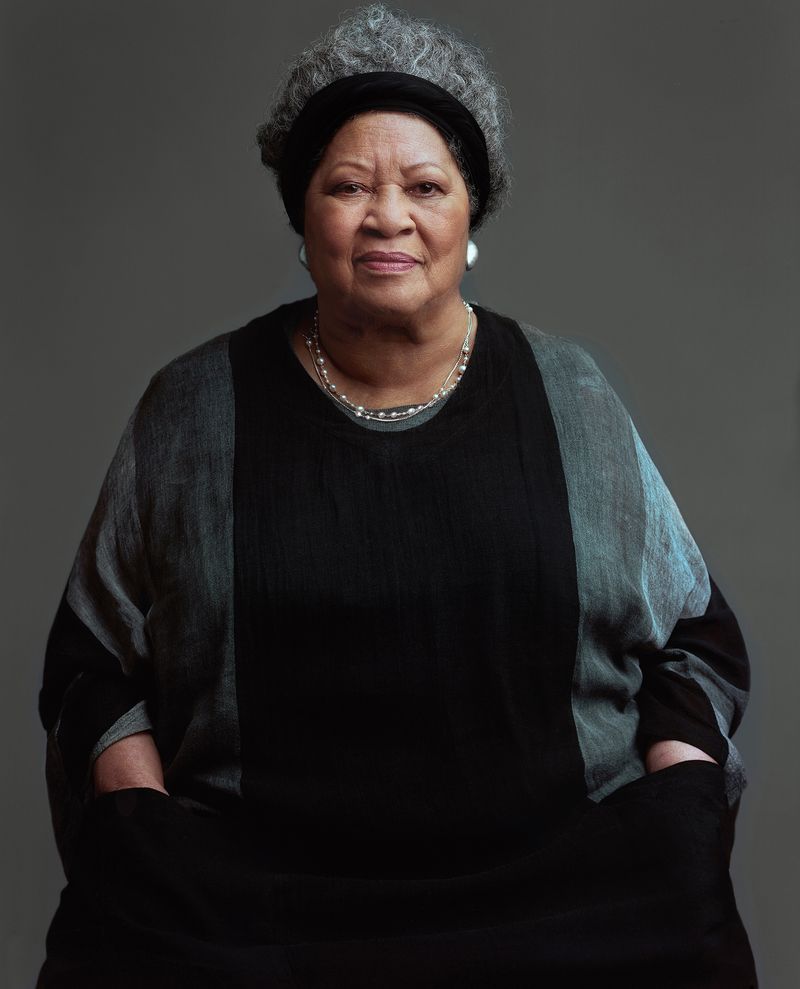
Toni Morrison’s writing isn’t just read—it’s felt. Her Nobel Prize-winning body of work explores the Black American experience with unmatched emotional depth and poetic brilliance. Novels like Beloved, Song of Solomon, and The Bluest Eye challenge readers to confront history, trauma, and systemic racism head-on.
Her characters are flawed, complex, and unforgettable. Morrison didn’t write to make readers comfortable—she wrote to make them think. Her stories transcend race and culture while remaining rooted in the specificity of Black identity, offering profound truths about the human condition.
9. Harper Lee
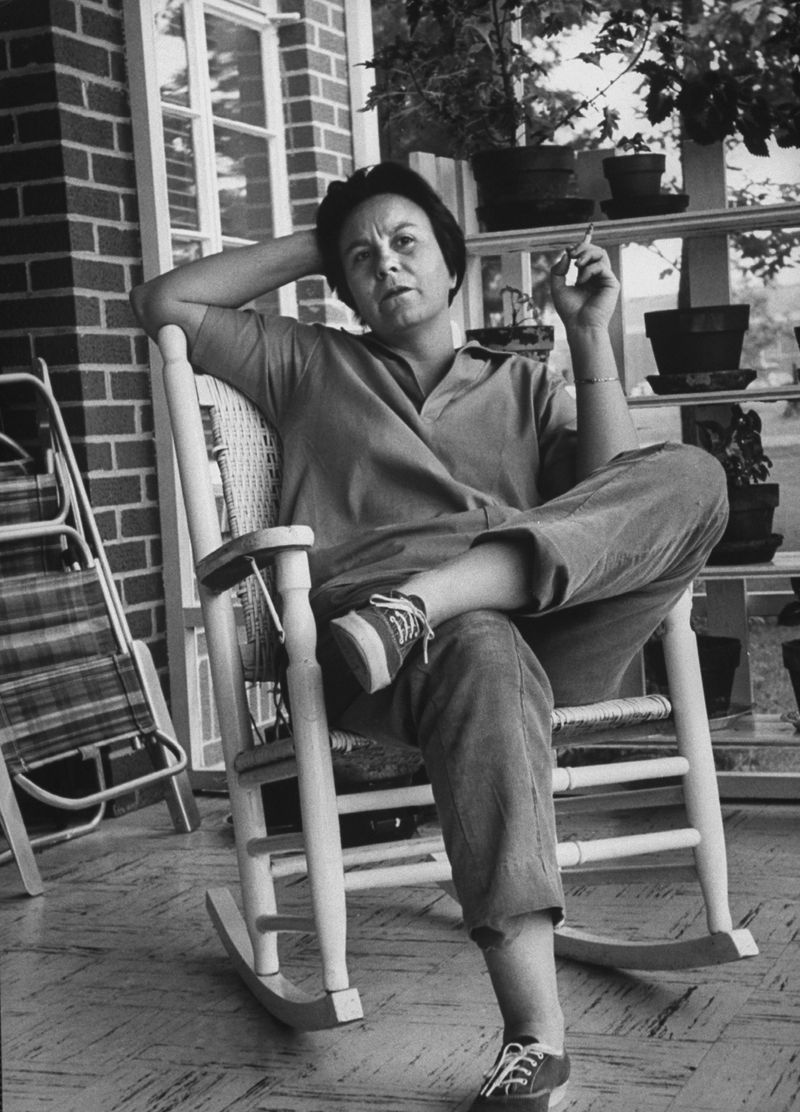
With just one novel for most of her life, Harper Lee etched her name into literary immortality. To Kill a Mockingbird is a powerful indictment of racism and injustice in the American South, told through the eyes of young Scout Finch.
Lee’s exploration of moral courage, empathy, and integrity remains essential reading in today’s divided world. While Go Set a Watchman was published later, it’s her debut that continues to teach readers—young and old—the importance of standing up for what’s right, even when it’s hard.
10. Edith Wharton
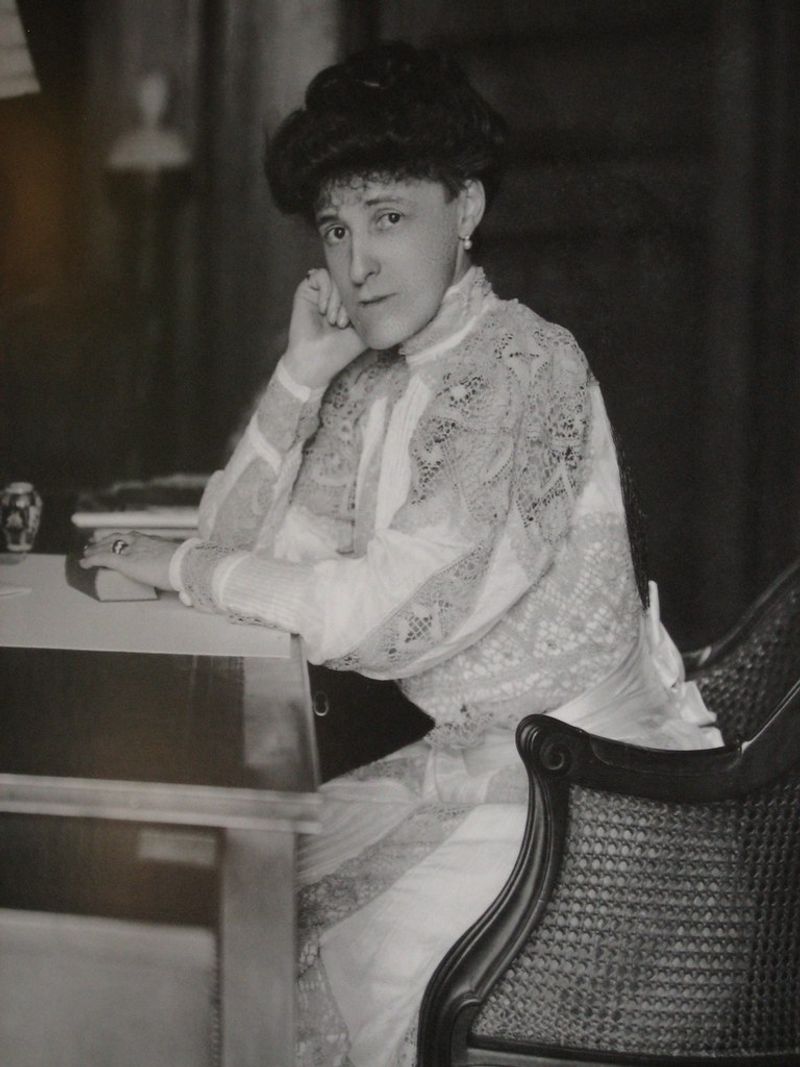
Few authors dissected the social elite with as much precision and elegance as Edith Wharton. Her Pulitzer Prize-winning novel The Age of Innocence offers a piercing look into the rigid expectations of New York’s upper class in the early 20th century.
Wharton’s prose is intelligent and richly layered, often exposing the emotional cost of conformity and repression. She was also one of the first women to win major literary acclaim in America, paving the way for female authors who refused to play by society’s rules.
11. Chimamanda Ngozi Adichie
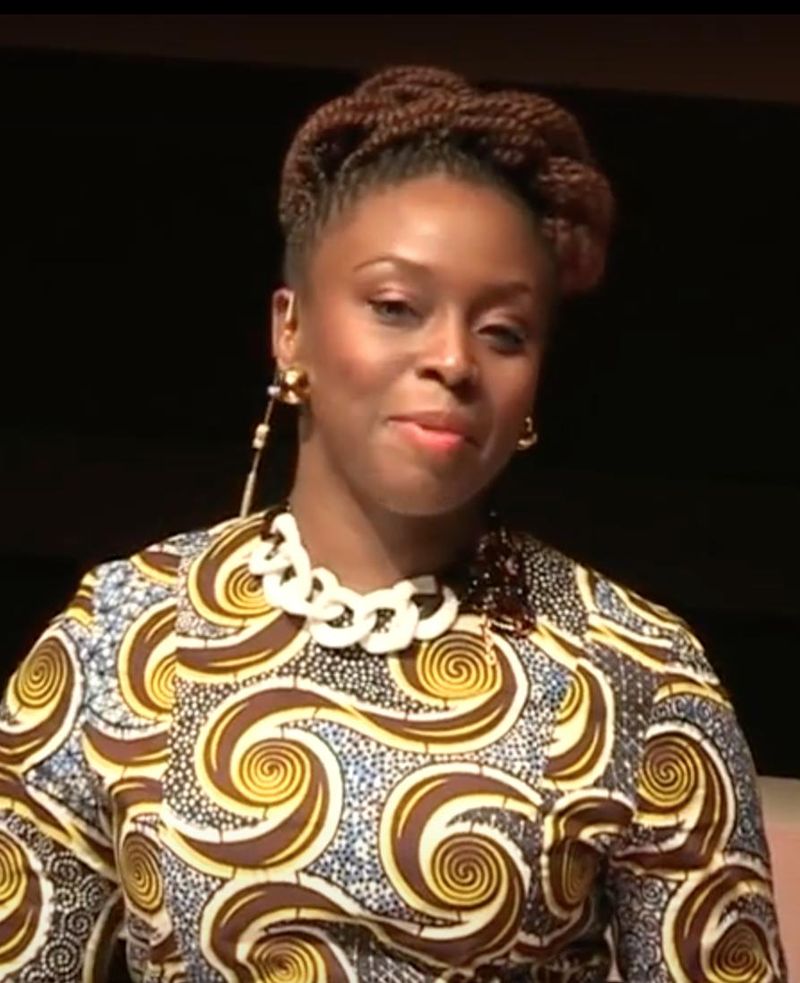
Chimamanda Ngozi Adichie’s voice is both global and deeply personal. In works like Americanah and Half of a Yellow Sun, she bridges Nigerian culture with Western identity, exploring issues of race, gender, and post-colonialism with clarity and grace.
Her storytelling is intimate, often centered on love, ambition, and cultural displacement. As a feminist and public intellectual, Adichie’s essays—especially We Should All Be Feminists—have sparked global conversations. She represents the power of contemporary literature to shape public dialogue and deepen empathy across cultures.
12. Isabel Allende
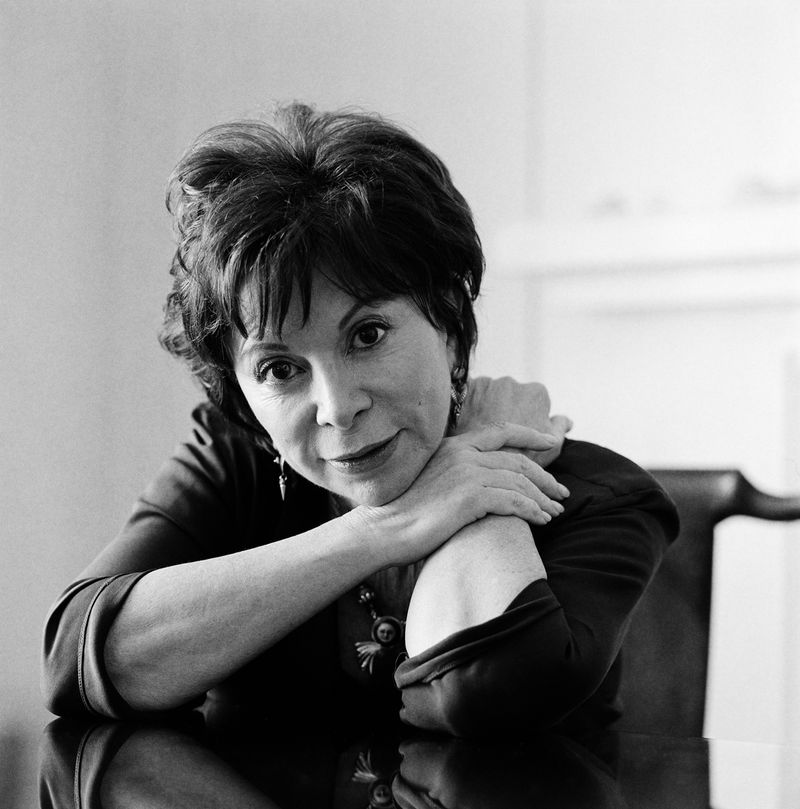
Magical realism finds a powerful feminine voice in Isabel Allende. With The House of the Spirits, she wove history, politics, and familial sagas into an enchanting blend of the real and the mystical. Her novels often reflect Chile’s turbulent past, interlaced with the intimate struggles of women.
Allende’s writing is lush, emotional, and steeped in themes of memory, exile, and resilience. Her female characters are fierce, flawed, and always fully human. Through sweeping narratives, she captures not just personal stories but entire generational legacies.
13. Arundhati Roy
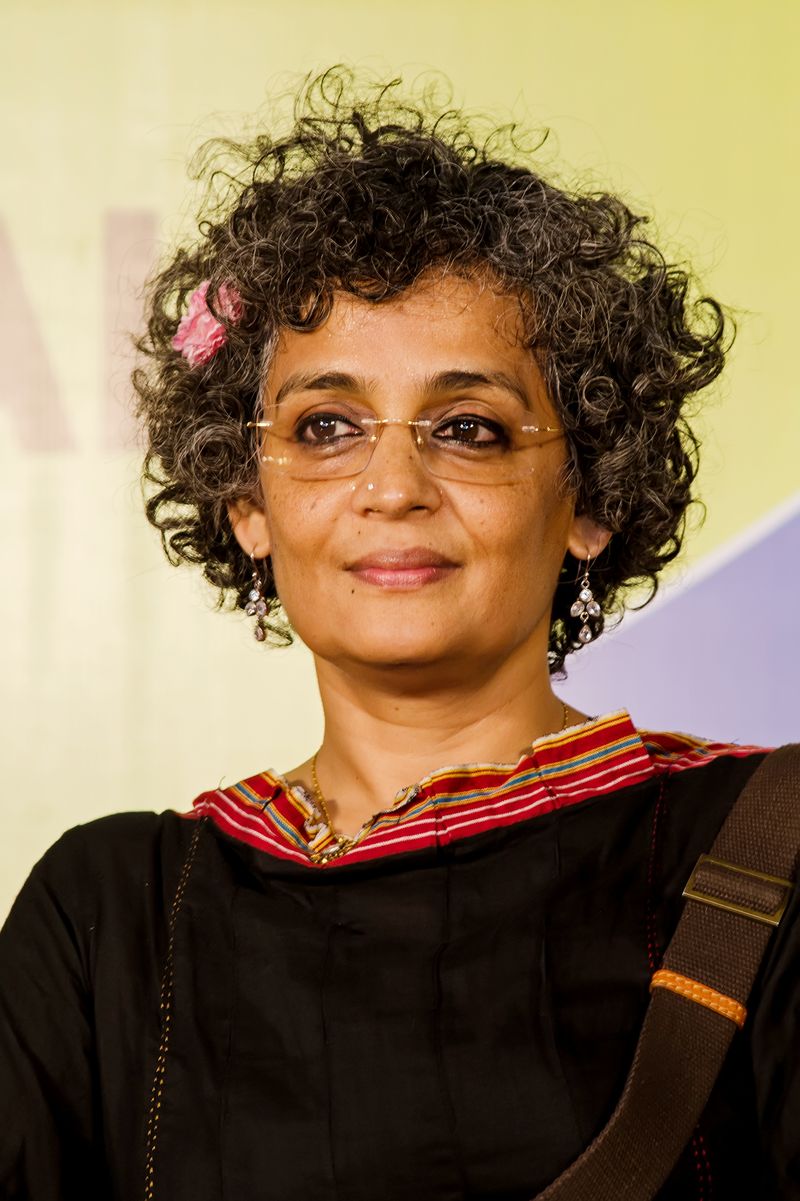
Debut novel The God of Small Things earned Arundhati Roy the Booker Prize and the world’s attention. Set in Kerala, India, the novel tells a heartbreaking story of love, caste, and societal judgment through beautifully fractured prose.
Roy’s work challenges norms and exposes the hidden injustices of society. In addition to fiction, she’s a fierce political activist and essayist, using her platform to advocate for human rights and environmental justice. Her writing—whether literary or political—demands to be heard.
14. Jhumpa Lahiri
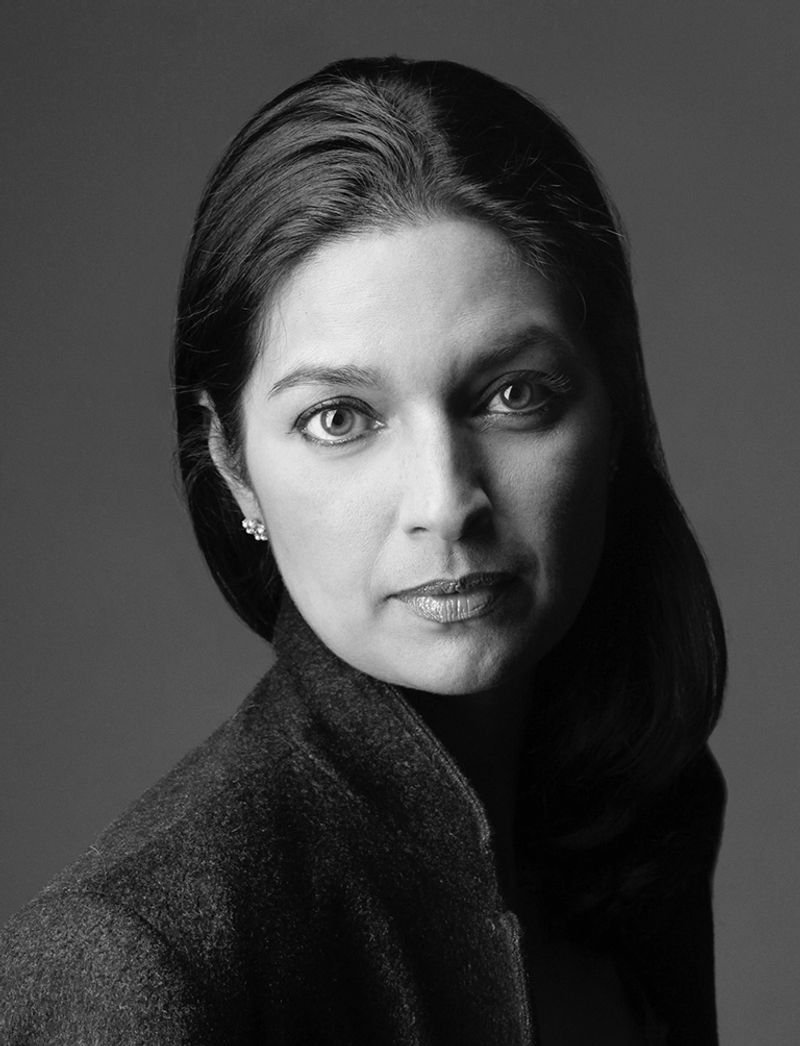
Few writers capture the quiet complexities of immigrant life as effectively as Jhumpa Lahiri. Her Pulitzer Prize-winning debut Interpreter of Maladies and novel The Namesake explore the emotional weight of identity, cultural duality, and familial expectations.
Lahiri’s prose is clean, spare, and deeply evocative. Her characters often inhabit the space between two worlds—never fully belonging to either. That tension gives her work a subtle power, making it resonate deeply with anyone who has ever felt caught between places, cultures, or versions of themselves.
15. Elena Ferrante
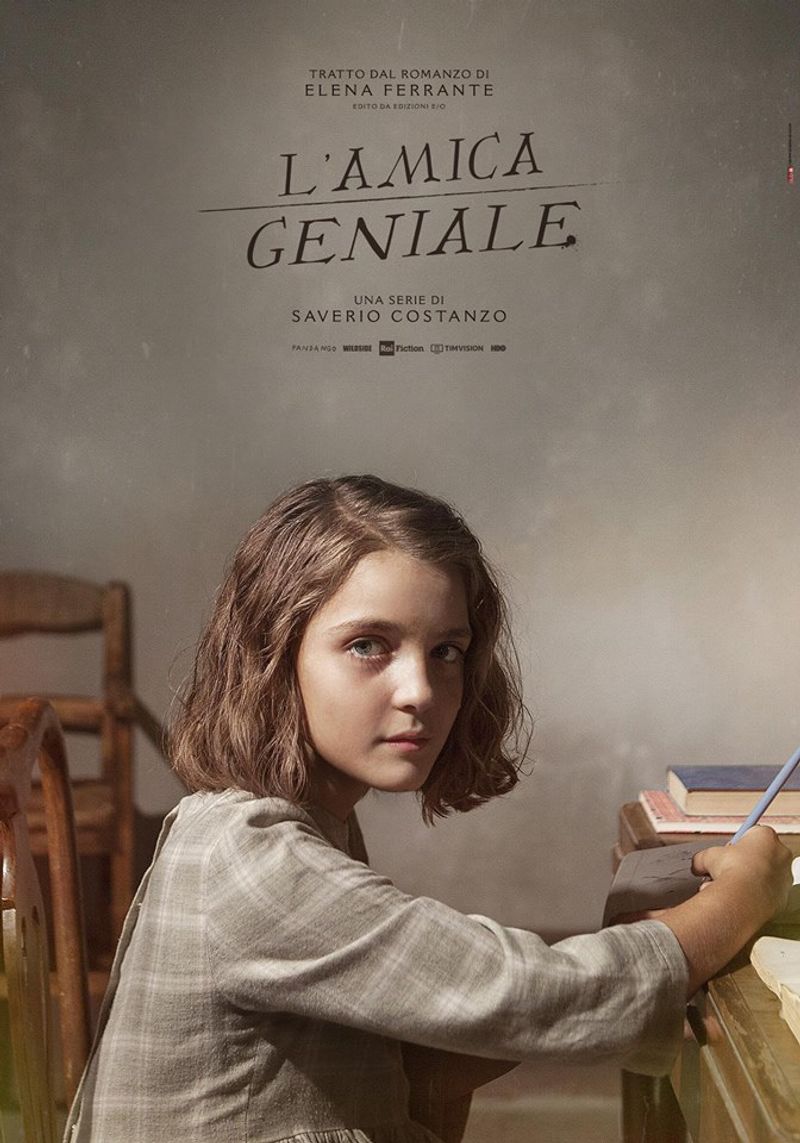
Behind the pen name, Elena Ferrante crafted one of the most compelling literary sagas of the 21st century. The Neapolitan Novels trace the intense and often volatile friendship between two women from childhood to adulthood in postwar Naples.
Ferrante’s writing is raw, honest, and deeply psychological. She lays bare the complexities of female friendships, ambition, jealousy, and social mobility. Despite (or perhaps because of) her anonymity, her work feels deeply personal—an unfiltered glimpse into the emotional lives of women across time and class.
16. Margaret Atwood
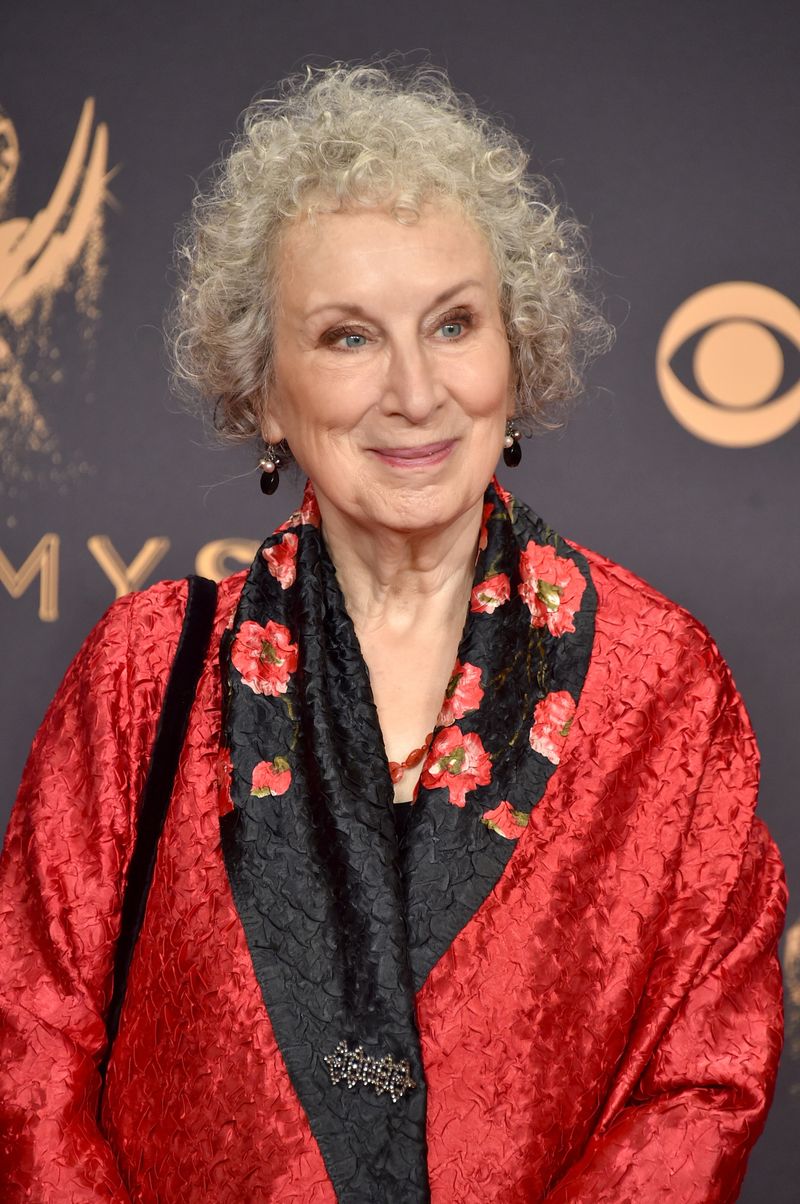
A master of dystopia, Margaret Atwood has long been warning us about the dangers of authoritarianism, patriarchy, and environmental collapse. The Handmaid’s Tale became a global symbol of feminist resistance, but it’s just one of her many thought-provoking works that challenge societal norms and question power.
Whether through speculative fiction or historical drama, Atwood’s writing is sharp, darkly ironic, and unflinchingly political. Her narratives often center women navigating oppressive systems, but she never paints them as victims. Instead, her characters are clever, resilient, and often disturbingly real.
17. Nawal El Saadawi
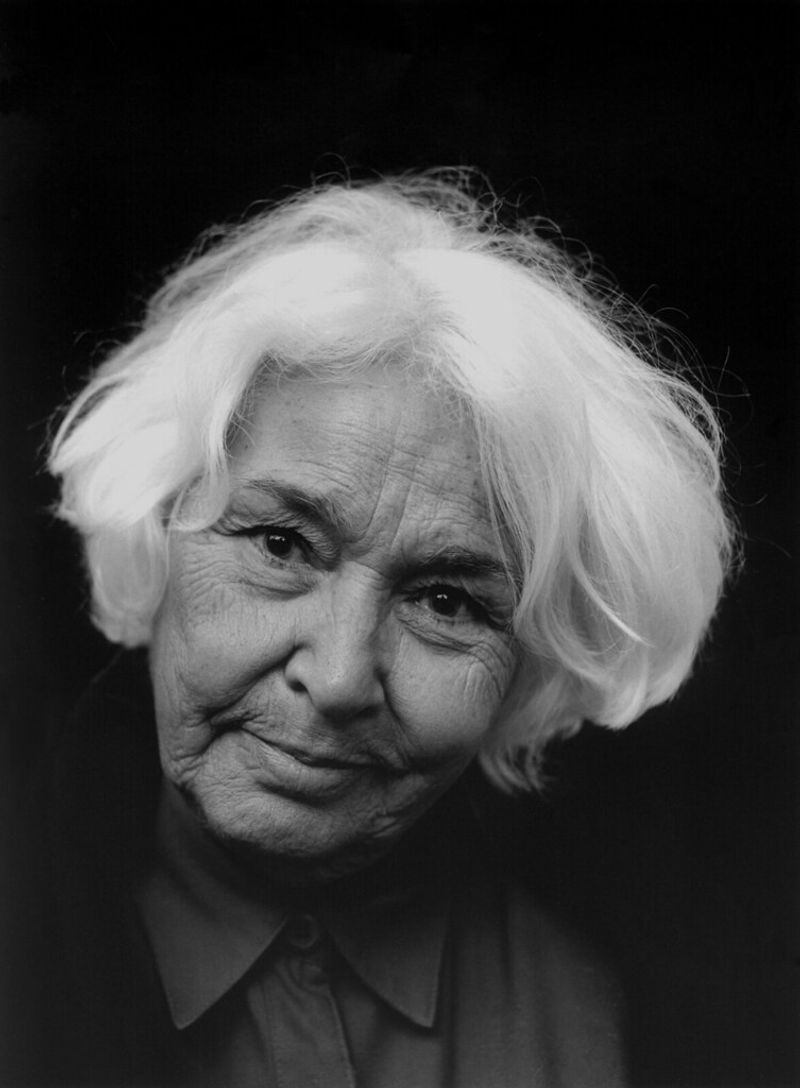
One of the fiercest voices in Arab feminist literature, Nawal El Saadawi was a physician, activist, and prolific writer. Her novel Woman at Point Zero is a powerful indictment of the systems—patriarchal and otherwise—that crush female agency.
Saadawi’s work is deeply personal, often based on real interviews and experiences. She fearlessly addressed taboo topics like female genital mutilation, domestic violence, and institutional oppression in the Arab world. Her life’s work combined literature with activism, proving that words can be both a mirror and a weapon for change.
18. Han Kang
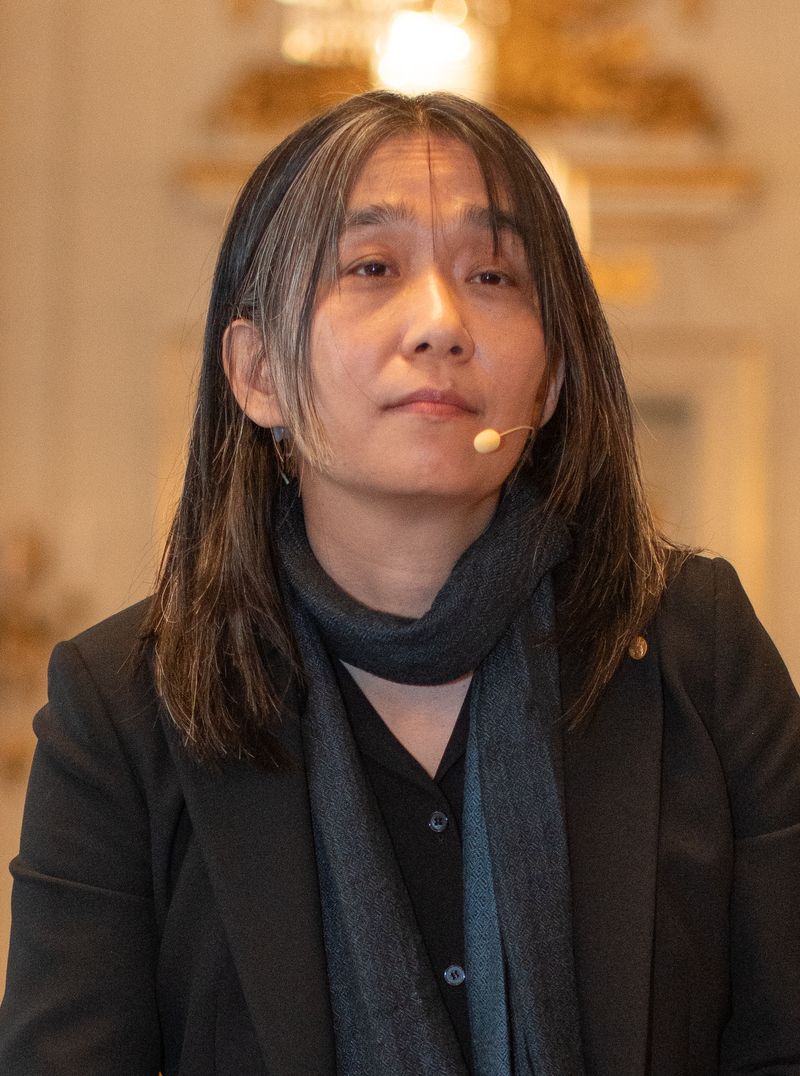
Korean author Han Kang delivers emotionally devastating narratives that linger long after the final page. Her breakout novel The Vegetarian is an unsettling, surreal meditation on rebellion, control, and identity within a patriarchal society.
Han’s prose—translated with poetic sensitivity—is both sparse and hauntingly beautiful. Themes of trauma, resistance, and the body recur in her work, most notably in Human Acts, which reflects on South Korea’s violent political past. Her storytelling balances silence and violence in a way that commands both empathy and unease.
19. Maya Angelou
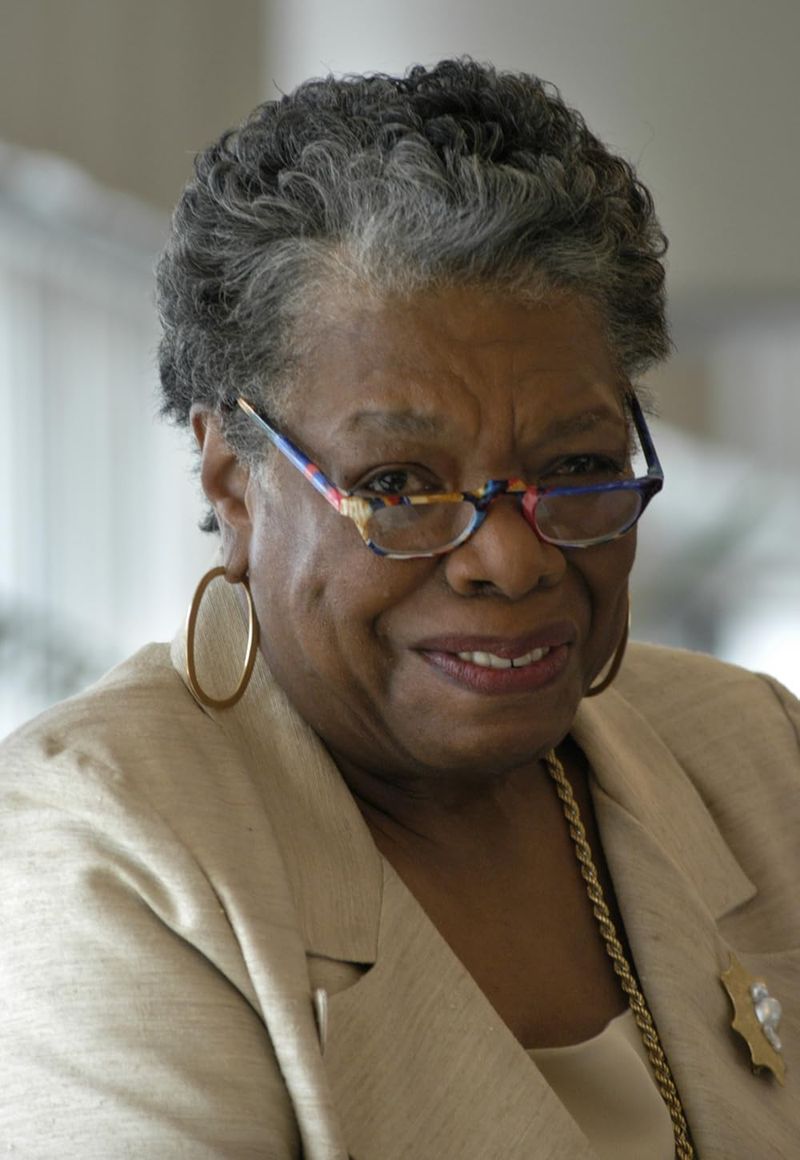
Poet, memoirist, and civil rights icon, Maya Angelou told the story of her life in verses and prose that elevated the everyday into the extraordinary. I Know Why the Caged Bird Sings became a landmark work in autobiographical literature and a staple in classrooms around the world.
Her writing resonated because it was rooted in truth—painful, beautiful, and liberating. Angelou chronicled trauma, racism, womanhood, and healing in a way that felt deeply personal yet universally powerful. Her words continue to empower generations to rise in dignity and strength.
20. Sylvia Plath
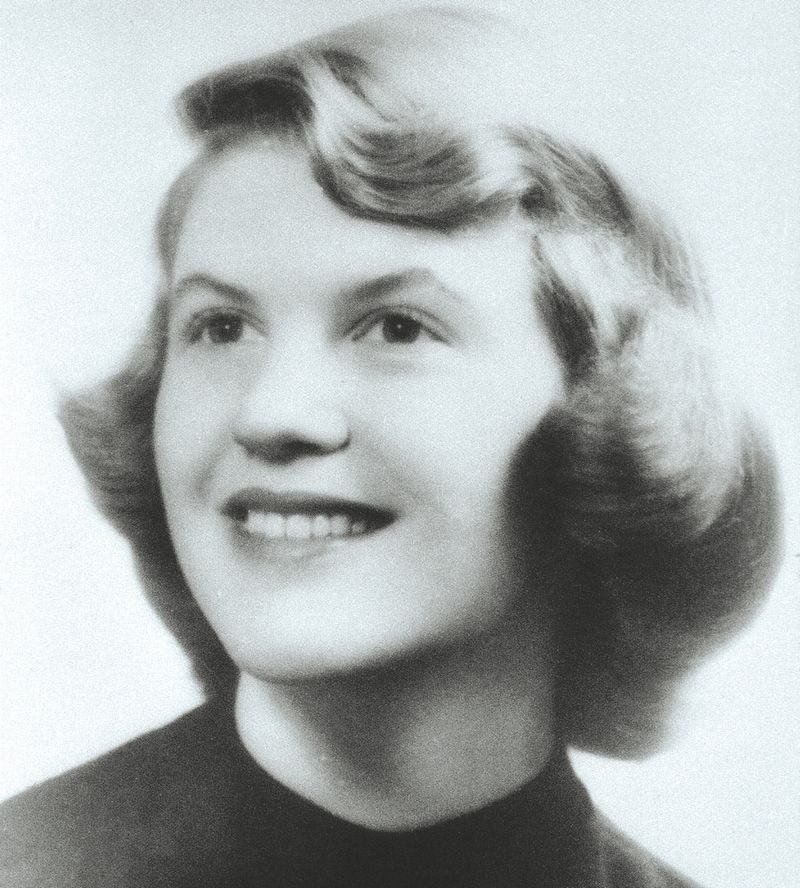
Emotionally raw and brutally honest, Sylvia Plath gave voice to the inner struggles of many women through her poetry and fiction. The Bell Jar is a semi-autobiographical novel that explores mental illness, identity, and the stifling expectations placed on women in the 1950s.
Plath’s poetry—especially in Ariel—dives deep into depression, rage, and selfhood, delivered in stunning, often startling language. Her work has inspired countless writers and mental health advocates, reminding us that vulnerability on the page can be both terrifying and transcendent.
21. Audre Lorde
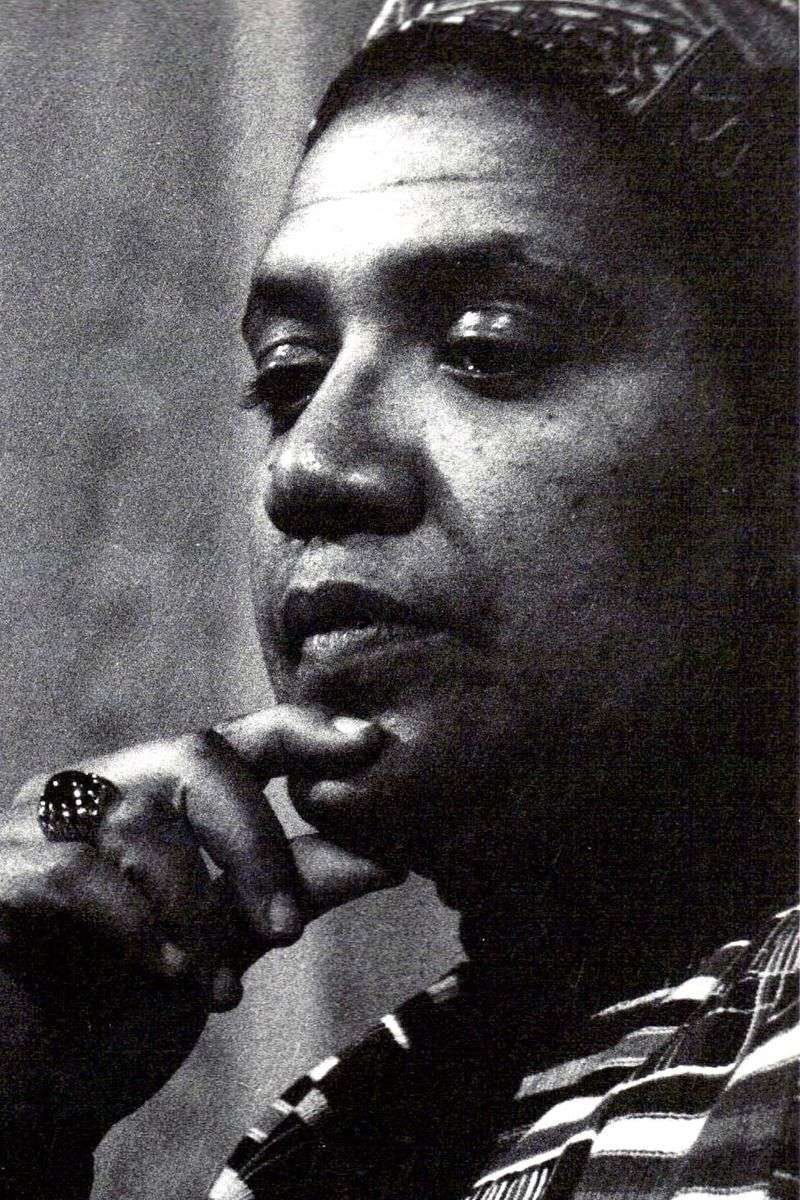
A self-described “Black, lesbian, mother, warrior, poet,” Audre Lorde used her pen as a tool for liberation. Her essays and poems confront racism, sexism, and homophobia, while also celebrating the beauty and strength of Black womanhood.
In works like Sister Outsider, Lorde argues that silence does not protect us—and that difference should be embraced, not feared. Her language is fierce and lyrical, always calling readers to act with both courage and compassion. Her influence extends far beyond literature into the very heart of feminist and queer activism.
22. Emily Dickinson
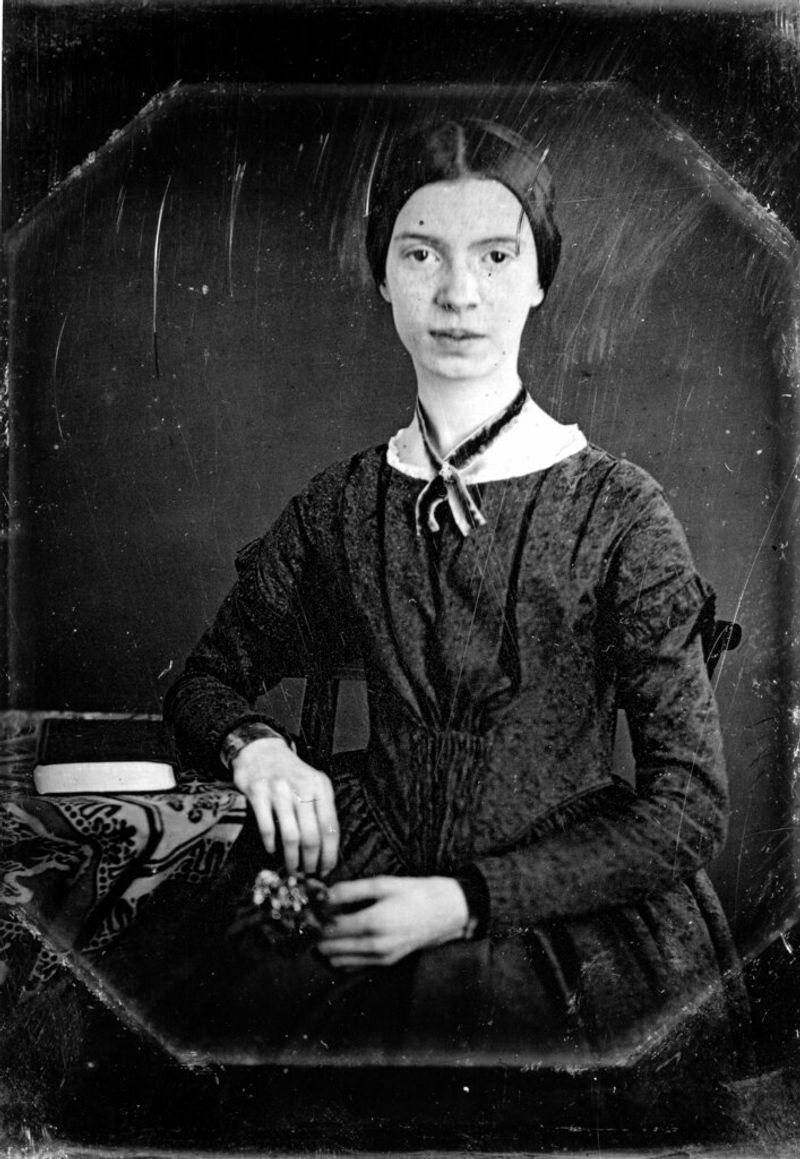
Despite spending much of her life in seclusion, Emily Dickinson revolutionized American poetry. Her brief, enigmatic poems broke all the rules of her time—eschewing traditional rhyme and meter for something far more intimate and startling.
Her themes of death, nature, love, and eternity unfold in just a few lines, yet leave readers contemplating their meaning for days. Dickinson’s work wasn’t fully appreciated until after her death, but today, she’s regarded as one of the most original voices in the English language.
23. Gertrude Stein
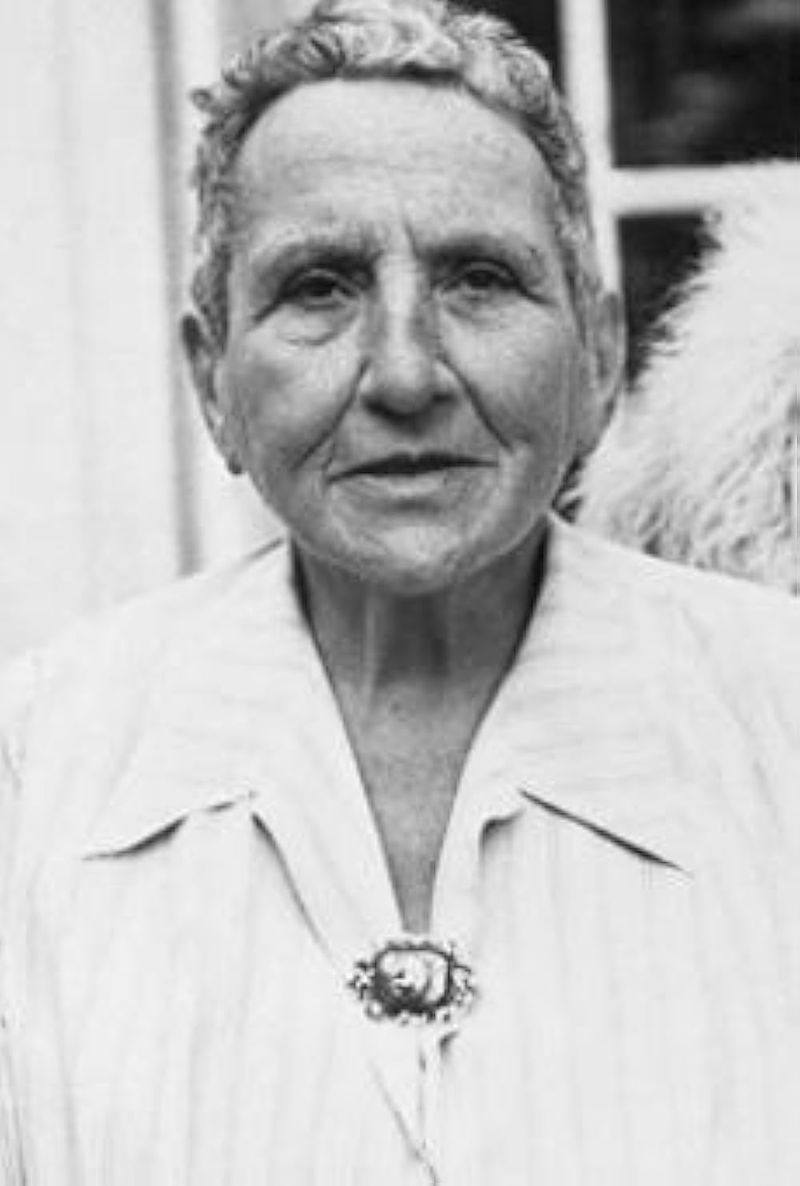
A literary rebel and patron of the avant-garde, Gertrude Stein pushed language into new, often disorienting forms. With works like Tender Buttons, she upended expectations of narrative and syntax, challenging readers to rethink how meaning is made
Stein’s influence goes beyond her own writing—she played a crucial role in nurturing modernist icons like Hemingway, Picasso, and Matisse. Her Paris salons were hubs of intellectual and artistic innovation, and her legacy lives on in both her experiments and the artists she helped inspire.
24. Roxane Gay
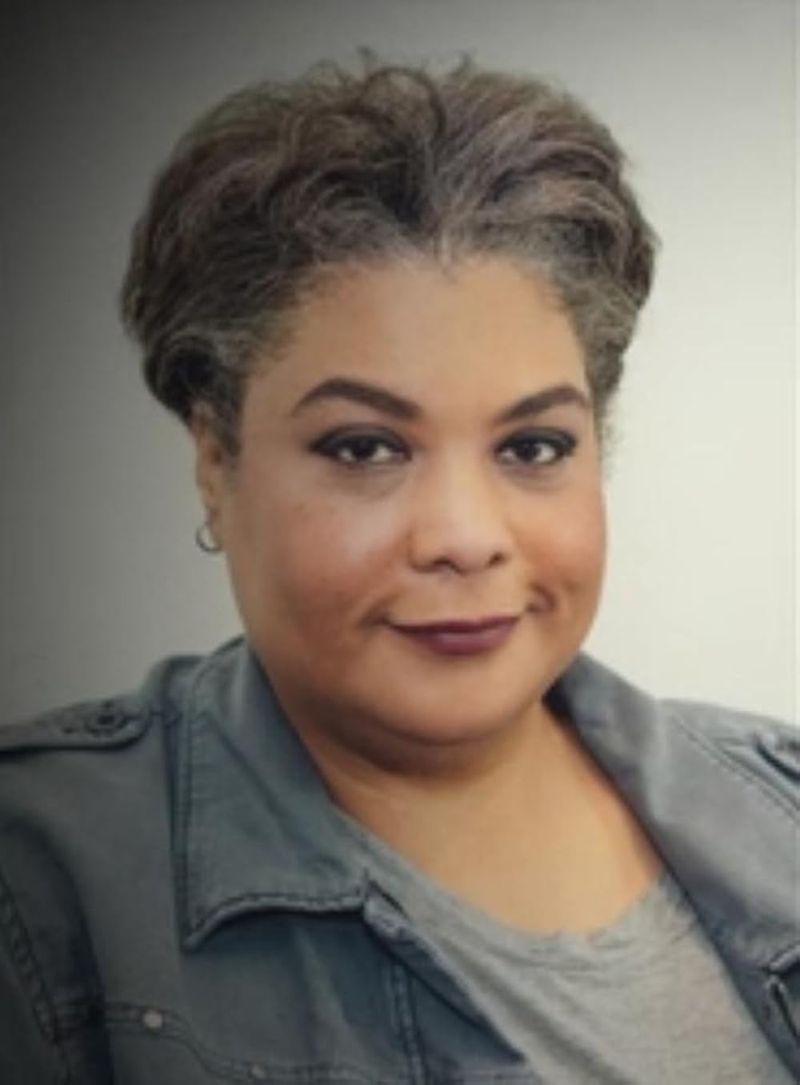
Candid, insightful, and unflinchingly personal, Roxane Gay is one of the most compelling voices in contemporary essay writing. Her bestselling collection Bad Feminist blends cultural critique with memoir, exploring everything from Beyoncé to body politics to trauma.
Gay’s writing is accessible yet intellectually rigorous, making feminism feel relevant and urgent to a wide audience. In Hunger, she delves even deeper into the realities of living in a world that punishes difference. She doesn’t offer easy answers—just raw truth wrapped in eloquent prose.
25. Agatha Christie
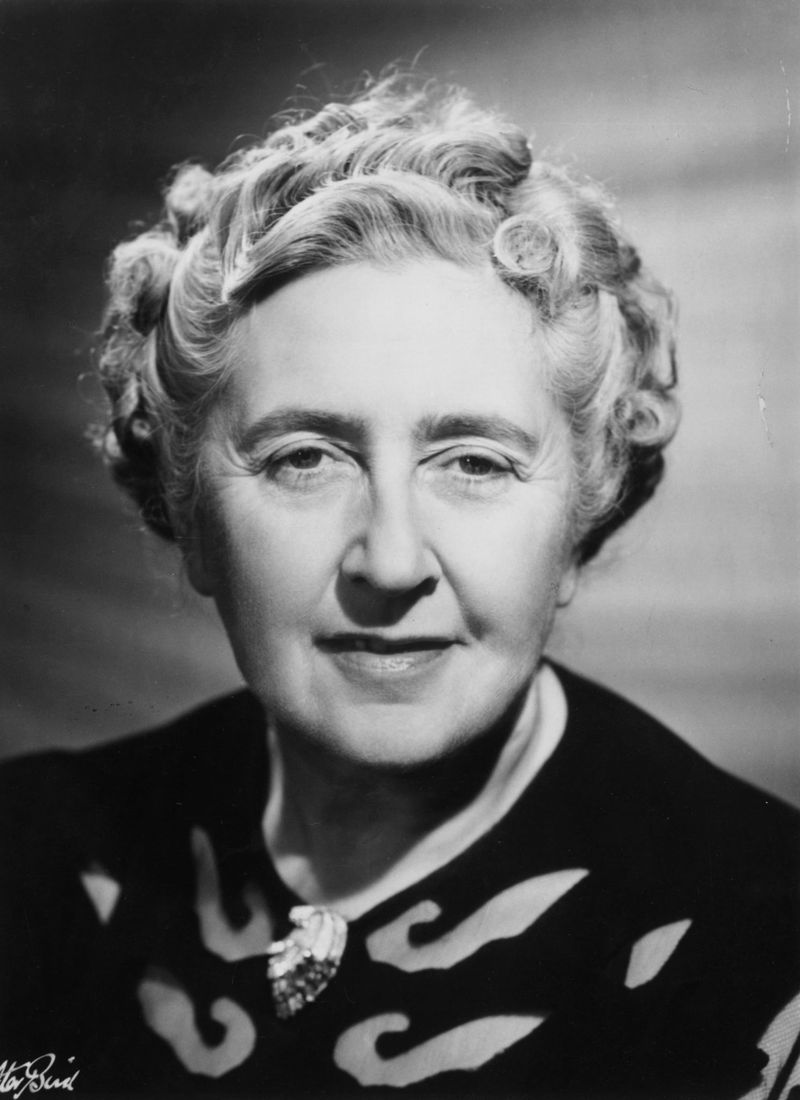
The queen of mystery fiction, Agatha Christie penned over 60 novels and created iconic characters like Hercule Poirot and Miss Marple. Her knack for twisting plots and misdirection kept readers guessing—and gasping—until the final page.
Christie’s brilliance lies in her ability to marry suspense with structure. Whether aboard the Orient Express or in a quaint English village, her stories are tightly woven puzzles. She broke records, sold billions of books, and continues to influence crime fiction today. Reading Christie isn’t just entertaining—it’s essential for anyone who loves a good plot.
26. Octavia E. Butler
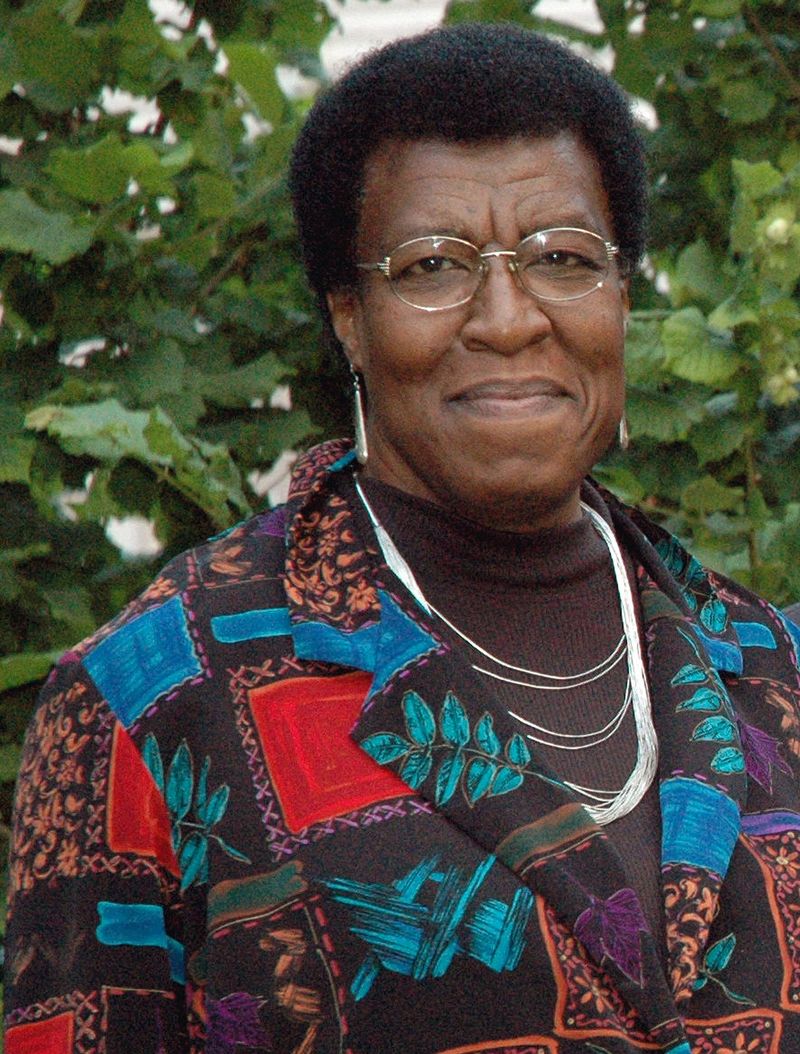
Science fiction wasn’t always a welcoming space for Black women—until Octavia E. Butler changed that. Her groundbreaking novels, including Kindred and Parable of the Sower, combined speculative storytelling with urgent themes of race, power, and survival.
Butler’s protagonists are often outsiders, navigating dystopian futures that feel eerily familiar. She used fantasy and sci-fi not to escape reality, but to confront it. Her work is visionary and deeply human, offering both warnings and possibilities. For readers craving complexity, depth, and social critique within genre fiction, Butler is essential.
27. Ursula K. Le Guin
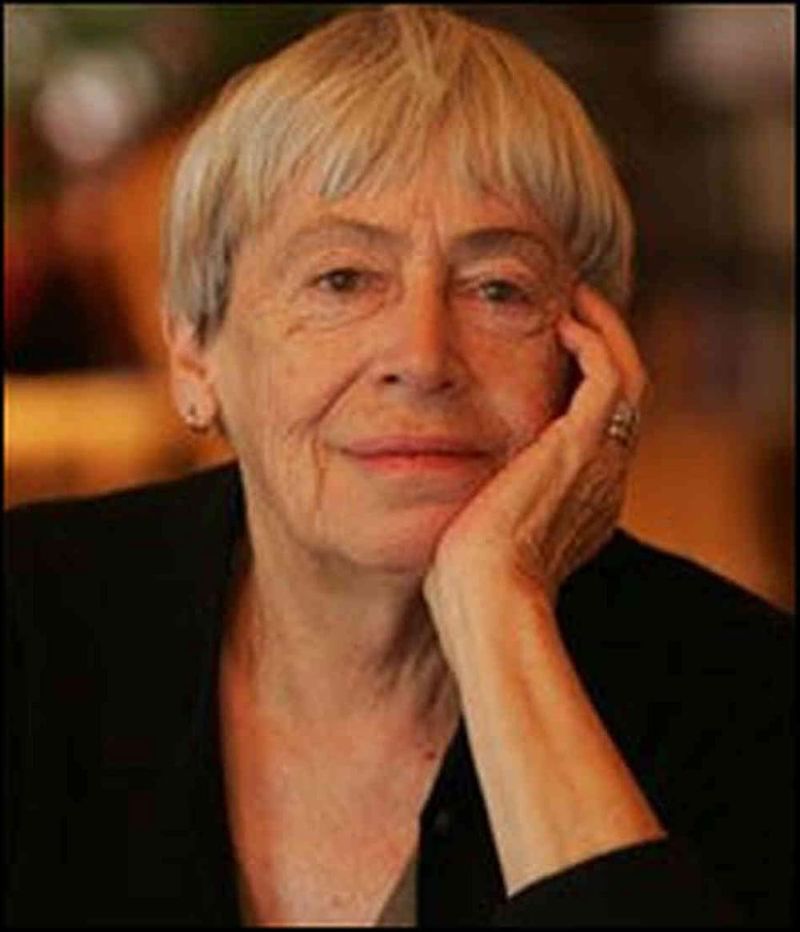
Fantasy and science fiction gained literary legitimacy thanks to the brilliance of Ursula K. Le Guin. Her Earthsea series and The Left Hand of Darkness challenged the male-dominated norms of speculative fiction with philosophical depth and poetic imagination.
Le Guin’s stories explore themes like gender fluidity, balance, and the nature of power. She believed fantasy could be intellectually rich and spiritually resonant, and she proved it with every sentence. Her influence spans generations of writers, both within and outside the realm of genre fiction.
28. Anne Rice
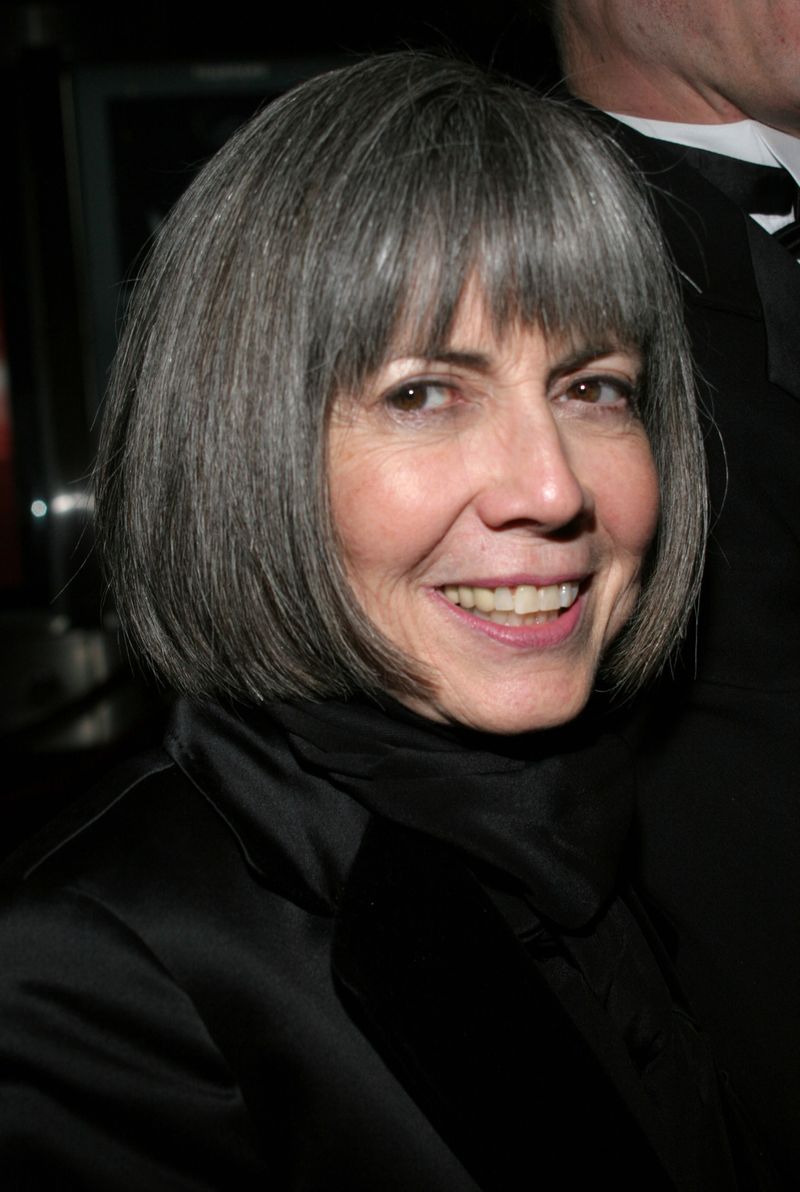
Vampire fiction found a seductive new voice in Anne Rice. With Interview with the Vampire, she reimagined the undead as emotionally tortured, morally complex beings, launching a literary phenomenon that revived gothic horror for a modern audience.
Rice’s writing drips with atmosphere—lush, decadent, and sensual. Her characters grapple with faith, immortality, and identity, reflecting the author’s own spiritual and philosophical questions. Beyond vampires, she explored witches, angels, and erotic fantasy, always pushing boundaries and courting controversy. Her legacy lives in every dark, brooding antihero that followed.
29. Daphne du Maurier
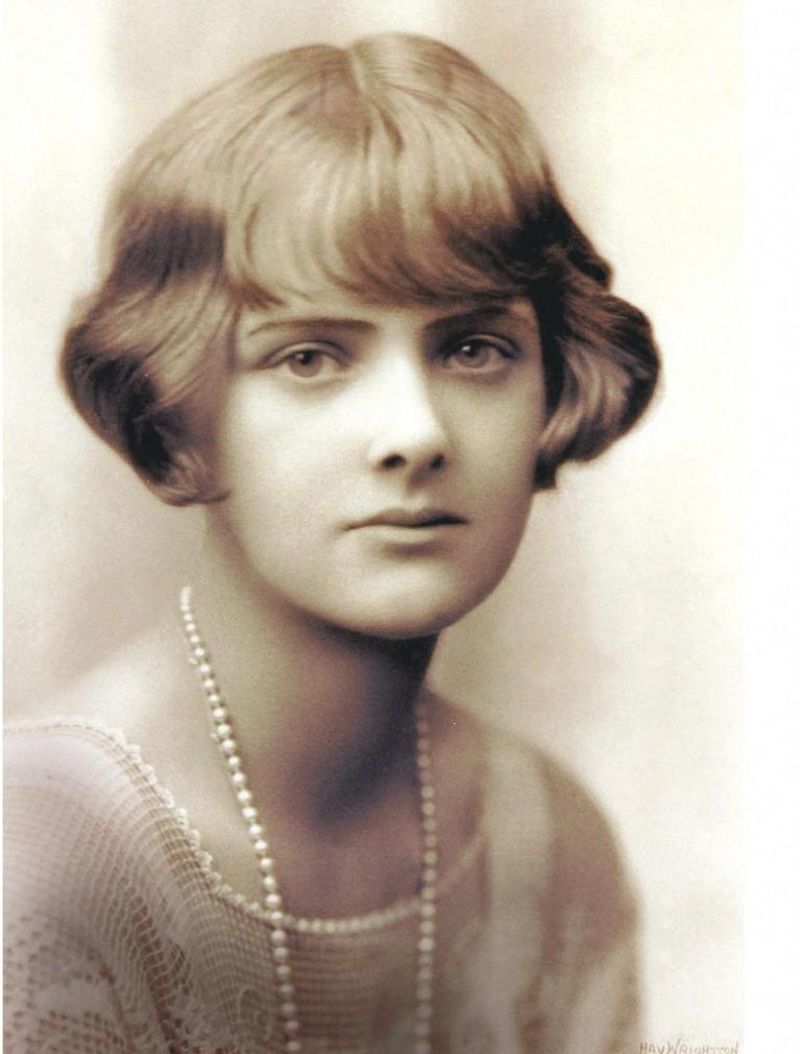
Suspense and atmosphere reign supreme in the novels of Daphne du Maurier. Rebecca, her most famous work, begins with the iconic line, “Last night I dreamt I went to Manderley again,” and proceeds to unravel a chilling tale of obsession, memory, and identity.
Du Maurier’s storytelling straddles the line between gothic horror and psychological thriller. She was a master of mood and misdirection, often centering her narratives on complex, mysterious women. Her influence is felt not just in literature, but in film and pop culture, particularly through Alfred Hitchcock’s adaptations of her work.
30. Celeste Ng
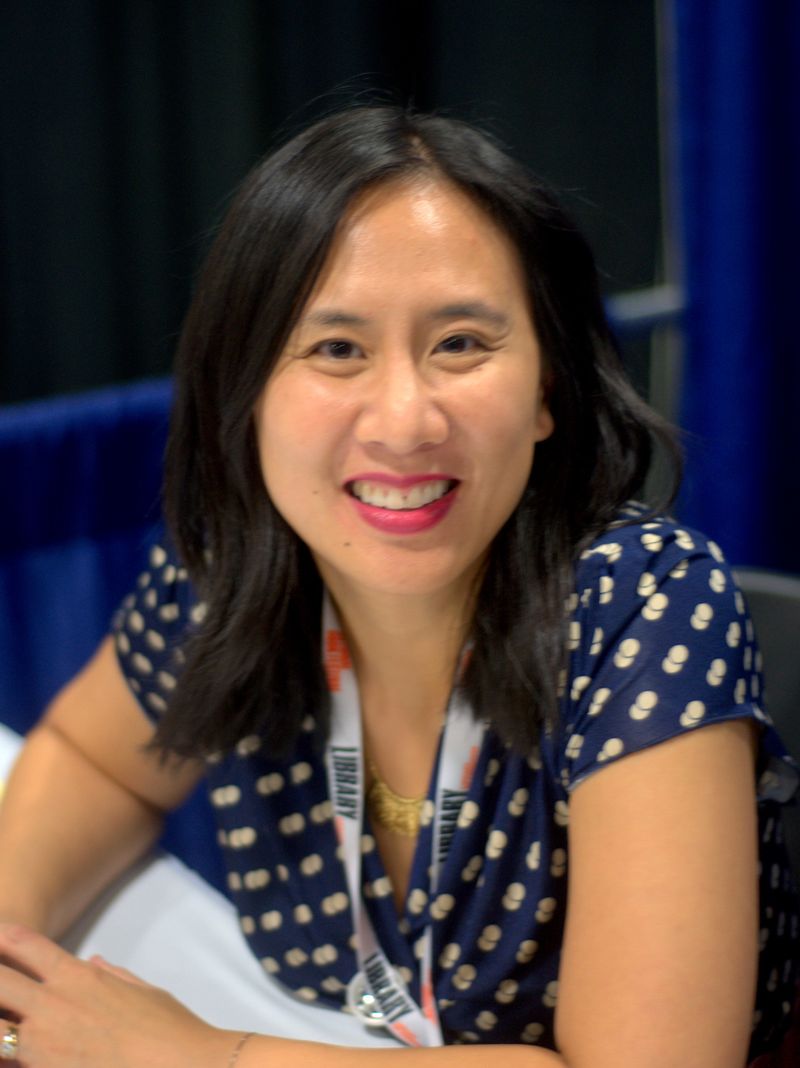
In novels like Everything I Never Told You and Little Fires Everywhere, Celeste Ng captures the quiet tensions that simmer beneath the surface of seemingly perfect families and communities. Her stories reveal how race, class, and secrets shape lives in unexpected ways.
Ng’s writing is emotionally intelligent and elegantly constructed. She’s particularly skilled at examining the inner lives of her characters—what they suppress, what they regret, and what they dare not say aloud. Her work resonates with readers who appreciate subtlety and psychological nuance in storytelling.
31. Colleen Hoover
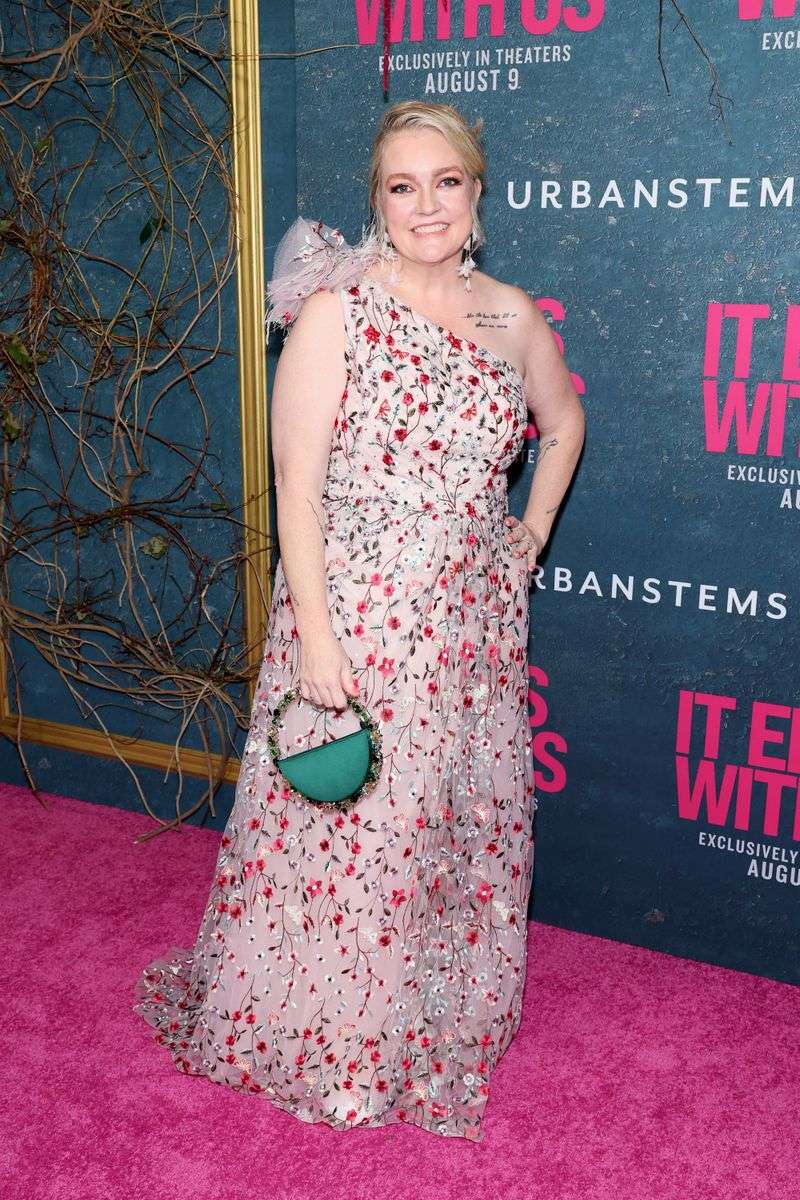
Contemporary romance took a sharp emotional turn thanks to Colleen Hoover. Her bestselling books like It Ends With Us and Verity blend heartache, trauma, and psychological tension with deeply addictive storytelling.
Hoover doesn’t shy away from difficult themes like abuse, loss, and emotional manipulation, giving her novels a weight that goes far beyond their romantic setups. Her characters often wrestle with healing and forgiveness, making her stories as cathartic as they are compelling. She’s become a phenomenon, particularly among younger readers seeking authenticity and emotional depth.
32. Sally Rooney
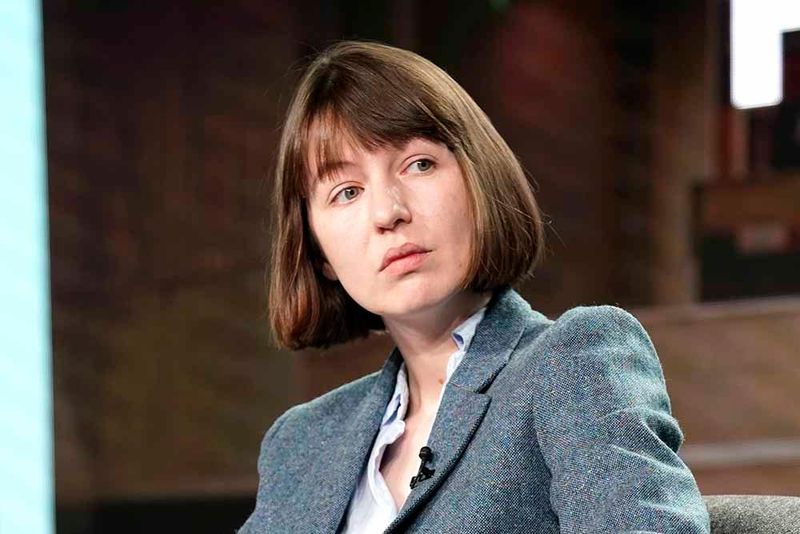
Relationships, miscommunication, and millennial discontent take center stage in Sally Rooney’s quietly devastating novels. Normal People and Conversations with Friends examine love and friendship through a lens of emotional vulnerability and existential angst.
Rooney’s minimalist style and sharp dialogue reveal the tension between intimacy and independence. Her characters often struggle to articulate their feelings, making their emotional lives all the more relatable. She captures a generation’s malaise with uncanny precision, and her work continues to spark discussion about modern love, privilege, and connection.
33. Rebecca Solnit
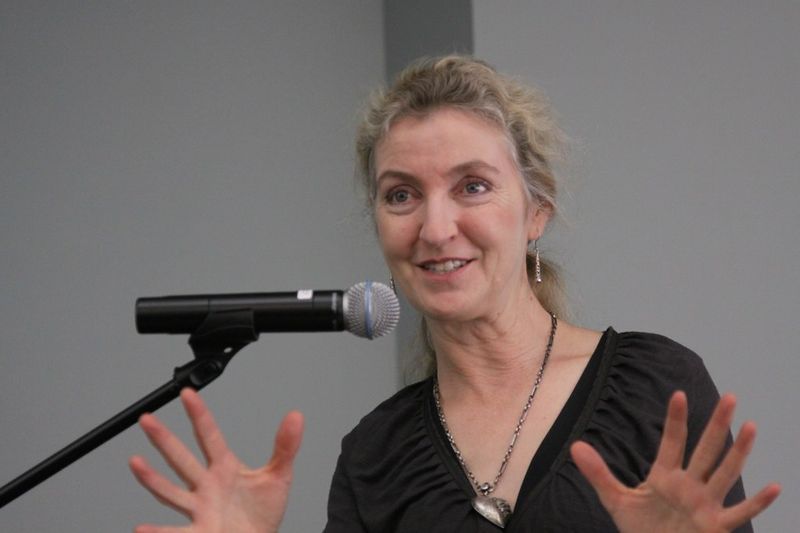
Part cultural critic, part philosopher, Rebecca Solnit writes with a clear, lyrical voice that cuts straight to the heart of feminist and political discourse. In essays like Men Explain Things to Me and The Mother of All Questions, she dissects the power structures that shape our lives—often invisibly.
Solnit’s writing is not only enlightening but empowering. She bridges the personal and the political, encouraging readers to question the status quo and imagine better futures. Whether writing about silence, walking, or resistance, she teaches us that words matter—and so does who gets to speak them.

Comments
Loading…